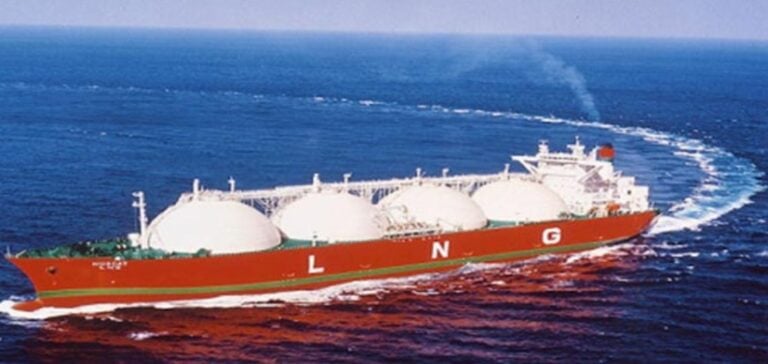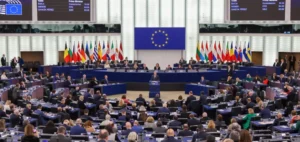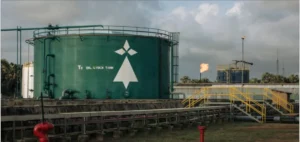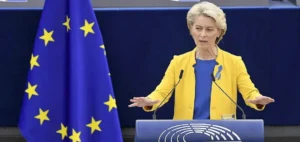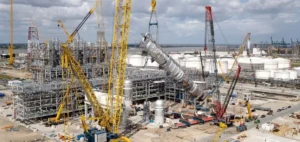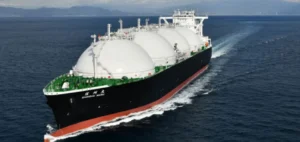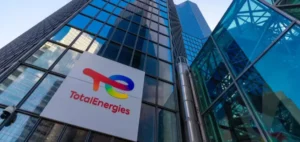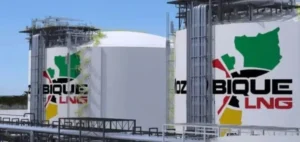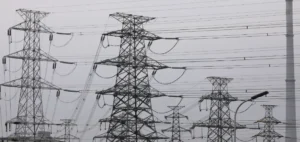In a market context that has become favorable to buyers, Asian LNG (Liquefied Natural Gas) importers are exerting increased pressure on sellers to obtain more advantageous tariffs. These negotiations come at a time when long-term contracts, initially indexed to the high oil prices of 2022 and 2023, no longer seem justified to buyers in the face of current market realities. Importers in China, Japan and Thailand are resuming the Term Sheets agreed during periods of market tension, demanding substantial tariff revisions, often below 12% Dated Brent, in contrast to previous rates of 13% to 14.5%.
Vendor concessions and adaptations
Sellers, caught up in a less favorable market dynamic, are forced to revisit contractual terms to remain competitive. A significant example is that of a major Middle Eastern producer who, after concluding several sales and purchase agreements in 2024, was asked for lower prices for Term Sheets finalized between 2022 and 2023. These requests come at a time when contracts with European importers, a major Japanese energy company and international oil majors, although signed on the original basis of Term Sheets at a slope of 13.2% to 14.2% on FOB and DES terms, have necessitated major concessions allowing greater flexibility for buyers.
Reactions to changing market dynamics
Pressure on prices is exacerbated by an expected increase in supply, notably with the commissioning of new production capacities in the United States and Qatar from 2025. This prospect puts sellers in an awkward position, forcing them to accept compromises that would have been unthinkable a few years ago. Buyers, taking advantage of falling LNG prices on the spot market, which have continued to soften since the high levels of 2022-2023, are looking to secure more favorable deals that reflect the new market realities.
Consequences for long-term contracts and future renegotiations
Current renegotiations may well herald a trend in which long-term LNG contract prices are increasingly determined by market dynamics rather than rigid oil indexations. This could lead to a broader transformation of pricing mechanisms in the LNG industry, prompting market participants to consider alternative indexations, such as indexations to gas hubs or other indicators more representative of natural gas demand and supply.
Every aspect of these negotiations demonstrates a significant evolution in the relationship between buyers and sellers of LNG, revealing a changing market landscape that could redefine commercial and contractual strategies in the global energy sector for years to come.


